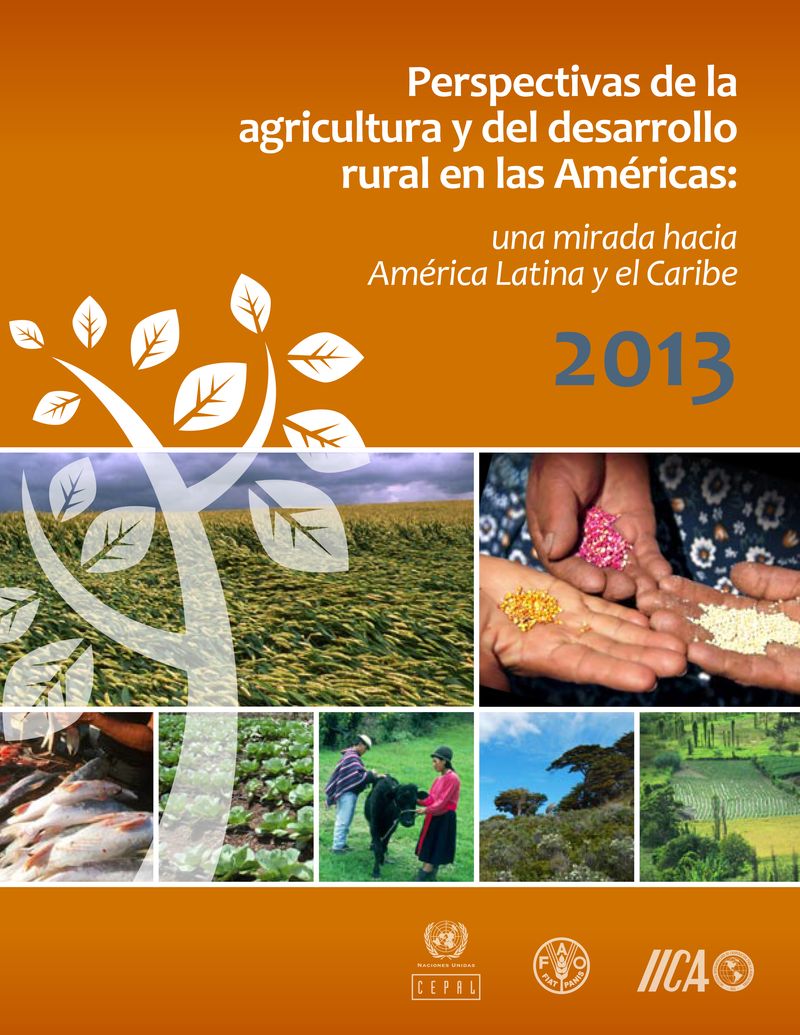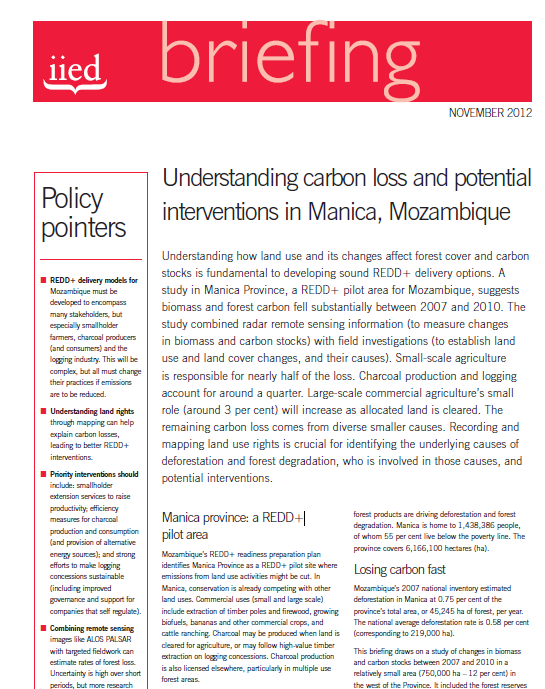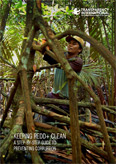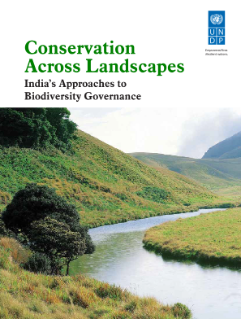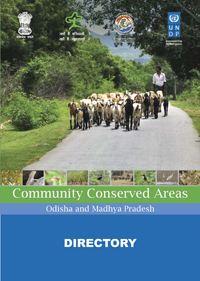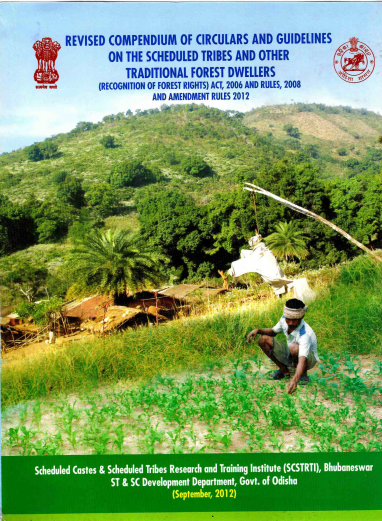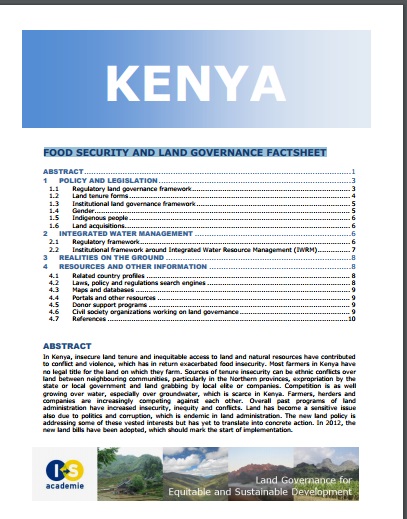Perspectivas de la agricultura y del desarrollo rural en las Américas Una mirada hacia América Latina y el Caribe 2013
Este documento es fruto del esfuerzo conjunto de la Comisión Económica para América Latina y el Caribe (cepal), la Organización de las Naciones Unidas para la Alimentación y la Agricultura (fao) y el Instituto Interamericano de Cooperación para la Agricultura (iica). Su elaboración estuvo a cargo de un grupo interinstitucional compuesto por Javier Meneses, Adrián Rodríguez, Mônica Rodrigues y Octavio Sotomayor de la cepal; Byron Jara y Salomón Salcedo de la fao; y Joaquín Arias, Rafael Trejos y Hugo Chavarría del iica.

